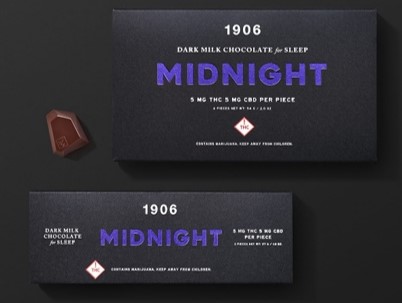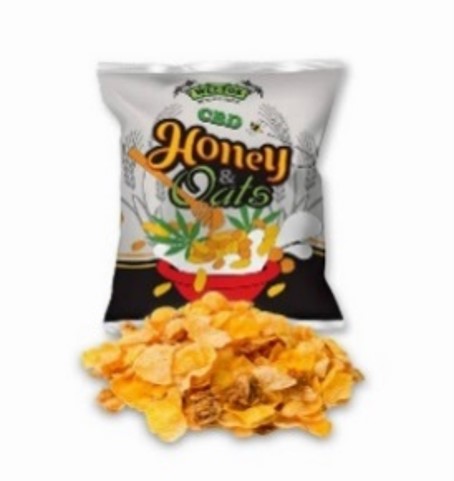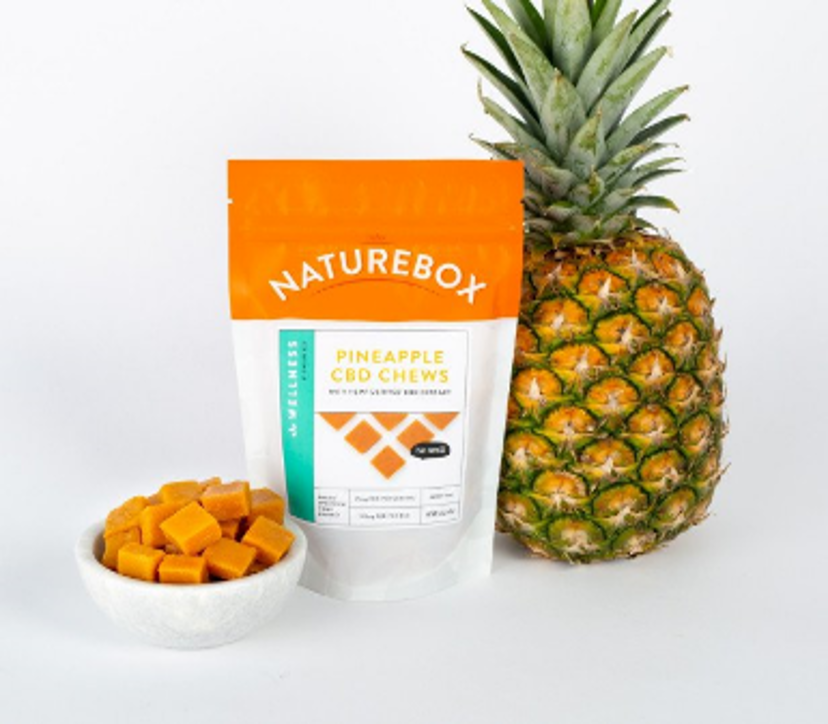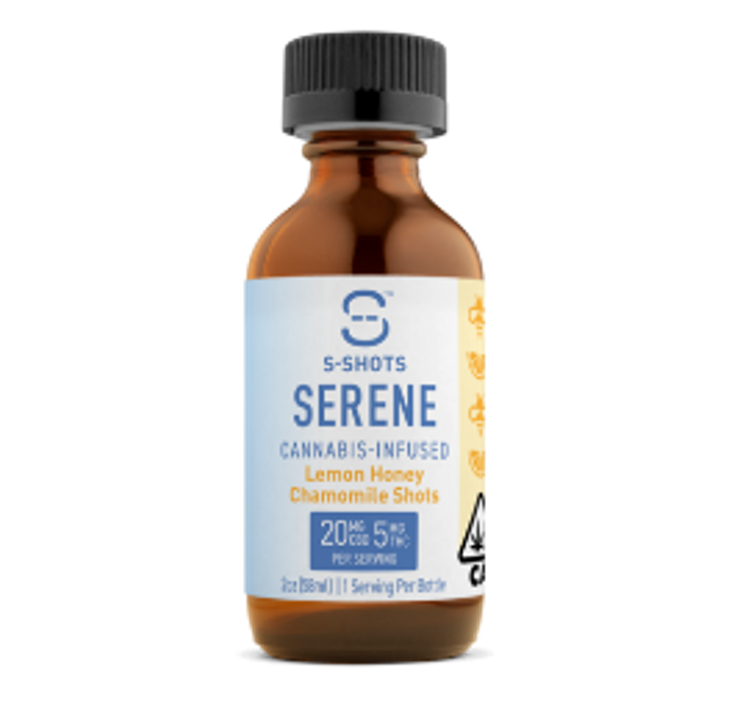Cannabis has been popping up as the “it” ingredient everywhere, from skin creams to pain relievers and now food and beverages. The food & beverage industry in the United States is on the verge of crossing a new threshold due to changing consumer perceptions and the growing acceptance of CBD, combined with substantial investments being made in this market by private equity firms, start-ups, and leading beverage companies alike.
As a plant, cannabis benefits from the halo effect of being natural and “good for you,” which plays well into overarching consumer demand for natural and health-conscious products. CBD has already started to impact other consumer packaged goods industries, including the beauty and personal care and nonprescription drug markets.
Strong perceptions toward cannabis remain a key factor that is expected to reshape the food & beverages industry on the ingredients front. This is substantiated by a Kline survey of 650 U.S. adults; it concluded that CDB is overwhelmingly viewed in a positive light among consumers, as more than 85% of the respondents believe CBD to be safe, effective, and natural, according to our Consumer CBD Products: U.S. Market Analysis and Opportunities, published in March 2019.
A few examples of CBD-based food and beverages in the U.S. market include K-Zen Beverages’ cannabis-infused drink under the brand S-Shots, Naturebox’s Pineapple CBD Chews, and Weetos’ Honey & Oats CBD Breakfast Cereal.
Meanwhile, there have been boosting investments in the cannabis market which aim to capitalize on the growing demand for cannabis-infused food and beverages. Examples of this include venture capital firm DCM’s investment of $5 million in K-Zen Beverages in mid-2019, Tiger Global Management’s strategic investment in Plus Products (a Californian-based producer of CBD edibles), and the joint venture agreement between Molson Coors Canada and Canadian-based cannabis company HEXO. In addition, Aurora Cannabis (ACB) acquires Hempco Food and Fiber, a manufacturer of hemp-based food products and supplements, in August 2019.
Health remains the key driver for the cannabis market, with pesticide-free and organic ingredients being important to consumers, given the negative perception of artificial flavors and preservatives in food products. The Colorado-based 1906, a popular cannabis edibles brand, is one such company to capitalize on this with its range of chocolates infused with CBD. The company claims to source organic ingredients from the farms of Colorado, thus appealing to consumers perceiving locally sourced products to be more trustworthy.

While cannabis is emerging as a lucrative business option for many marketers in the food & beverage space, there are multiple challenges associated with marketing and regulations for CBD products. In May 2019, the FDA held a meeting and took many hours of testimony across all types of stakeholders—including consumers, cultivators and growers, product developers, marketers, retailers, and health professionals—to try to understand how the products are being used. Later this month, the FDA is expected to issue some guidance about CBD products; however, much of the industry remains unregulated, and there are various regulations that vary state by state. There is much research to be done, and with the FDA evaluating the current legal framework, updated regulations for the welfare of users can be expected. Furthermore, the willingness to accept cannabis in food products will take time for the ingredient to become mainstream. Nevertheless, given consumer interest, the new ingredient shows strong signs of growth potential and the need for more detailed research in the coming years.
Our upcoming Cannabis in Food & Beverages: U.S. Market Assessment and Opportunities report, which will be published in January 2020, will assess the current regulatory and legal status regarding this market, available products, marketing channels, and the outlook for cannabis-based food and beverages, including those containing cannabidiol (CBD) and hemp derivatives. The report will also provide a better understanding of legal and regulatory challenges, while analyzing opportunities and potential threats to existing brands.




